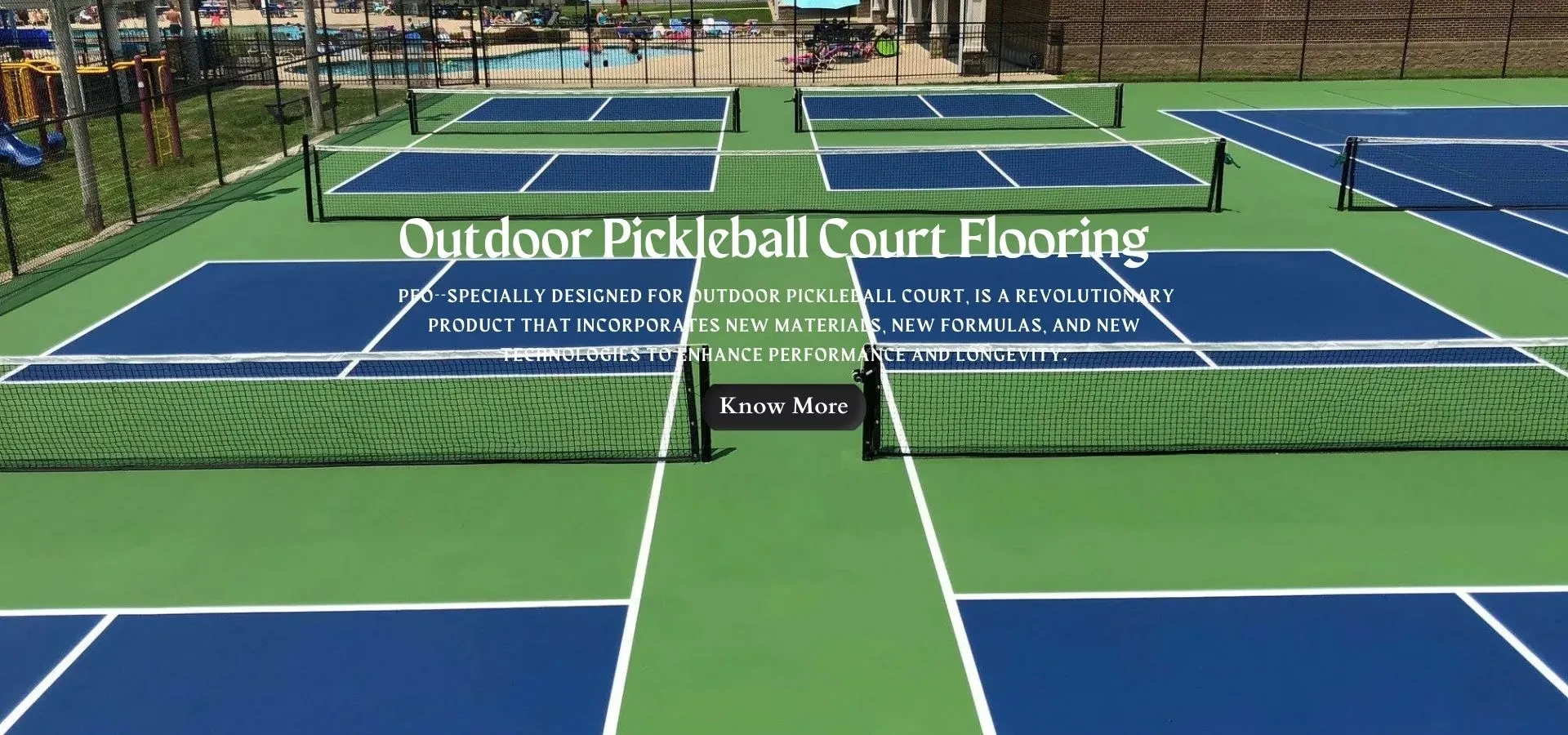Nov . 13, 2024 12:12 Back to list
commercial flooring types
Commercial Flooring Types A Comprehensive Guide
Selecting the right flooring for a commercial space is crucial, not only for aesthetics but also for functionality and durability. With various types of commercial flooring available, each offering distinct advantages, understanding their characteristics can help businesses make informed decisions. This article outlines the most popular commercial flooring types, focusing on their features, benefits, and ideal applications.
1. Carpet Tiles
Carpet tiles are a versatile flooring option widely used in offices, retail establishments, and hotels. These modular pieces are easy to install and replace, allowing for quick updates without the need for extensive renovations. Carpet tiles also provide excellent sound absorption, making them ideal for environments where noise reduction is a priority. Available in numerous colors and patterns, they can enhance the aesthetic appeal of any space. Additionally, the comfort of carpet tiles can contribute to a welcoming atmosphere.
2. VCT (Vinyl Composition Tile)
Vinyl Composition Tile (VCT) is a durable and economical flooring option that has been a mainstay in commercial spaces for decades. Made from limestone, polyvinyl chloride, and other additives, VCT is resistant to stains and damages. Its ease of maintenance—requiring minimal cleaning and periodic waxing—makes it popular in settings such as schools, hospitals, and retail stores. VCT is available in a variety of colors and designs, allowing for creative floor layouts that can reflect a brand’s identity.
3. Luxury Vinyl Tile (LVT)
Luxury Vinyl Tile (LVT) has gained popularity in recent years due to its realistic visual appeal and increased durability compared to traditional VCT. It mimics the appearance of natural materials like wood and stone, making it suitable for high-end spaces such as restaurants, spas, and upscale retail environments. LVT is water-resistant, easy to clean, and provides a softer feel underfoot compared to hard flooring options. Its resilience against scratches and dents makes it a practical choice for high-traffic areas.
commercial flooring types

4. Laminate Flooring
Laminate flooring is another popular choice in commercial design, known for its affordability and easy installation. It consists of a high-density fiberboard core topped with a photo layer that mimics wood or stone. Laminate is suitable for light to moderate traffic areas, such as office spaces and waiting areas. However, it may not be ideal for environments with high moisture levels, as water can damage the material. Nonetheless, its versatility in design and cost-effectiveness makes it appealing for budget-conscious businesses.
5. Concrete
Concrete flooring is increasingly being used in modern commercial settings due to its industrial aesthetic and exceptional durability. It can be polished, stained, or stamped to achieve various looks, making it a fashionable choice for warehouses, retail stores, and office spaces. Concrete is resistant to heavy loads and requires minimal upkeep, which is advantageous for businesses seeking longevity in their flooring investment. However, it can be slippery when wet, requiring careful consideration of safety measures.
6. Rubber Flooring
Rubber flooring is an exceptional option for commercial environments that prioritize safety and comfort. Often used in gyms, schools, and healthcare facilities, rubber flooring offers superior slip resistance, cushioning, and shock absorption. It is available in rolls or tiles and comes in various colors and textures. Easy to maintain and resistant to bacteria, rubber flooring is an ideal choice for spaces with heavy foot traffic or areas where falls could pose a risk.
Conclusion
Choosing the right commercial flooring type depends on various factors, including the specific needs of the space, foot traffic, maintenance requirements, and aesthetic goals. From the plush comfort of carpet tiles to the sleek durability of LVT and the industrial charm of concrete, each type of flooring has its place in a commercial setting. By understanding the unique features and benefits of each option, businesses can select flooring that not only meets functional needs but also enhances the overall ambiance of their environment. Investing in quality commercial flooring is essential for creating a professional and inviting atmosphere that leaves a lasting impression.
-
Sport Court Tiles with AI Innovation | Durable & Safe
NewsAug.01,2025
-
Vinyl Carpet Flooring | Durable & Waterproof Design
NewsJul.31,2025
-
Premium Basketball Board Stand with GPT-4-Turbo AI
NewsJul.31,2025
-
Premium Maple Flooring for Gyms & Homes | PVC & Vinyl Options
NewsJul.30,2025
-
Premium Outdoor Basketball Court Tiles for All Weather Use
NewsJul.30,2025
-
Durable Basketball Board Stand for Indoor & Outdoor Use
NewsJul.29,2025

